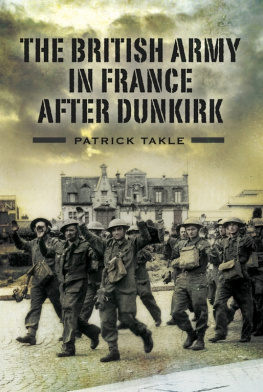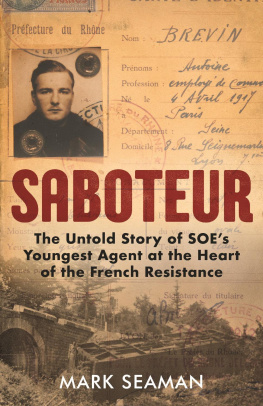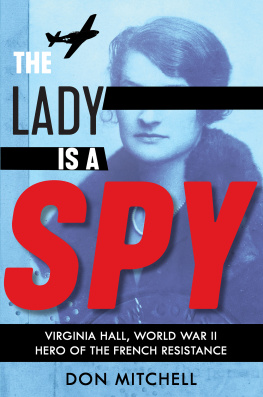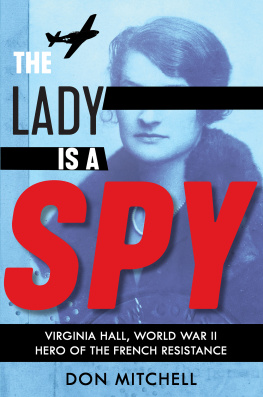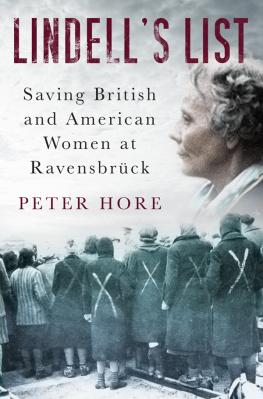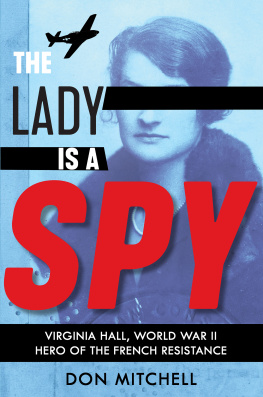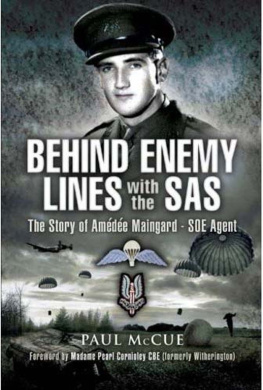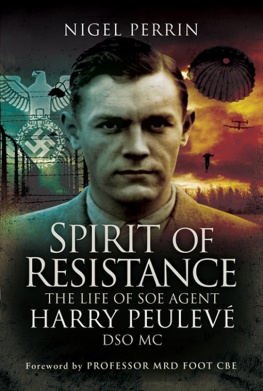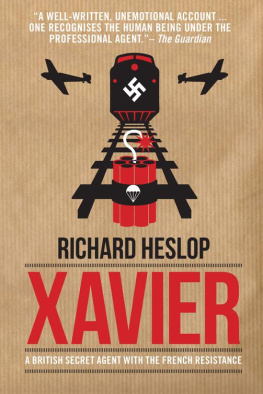No villain need be! Passions spin the plot:
We are betrayed by what is false within.
George Meredith
First published in Great Britain in 2015 by
PEN AND SWORD MILITARY
an imprint of
Pen and Sword Books Ltd
47 Church Street
Barnsley
South Yorkshire S70 2AS
Copyright Stewart Kent and Nick Nicholas, 2015
ISBN: 978 1 47385 163 4
PDF ISBN: 978 1 47385 166 5
EPUB ISBN: 978 1 47385 164 1
PRC ISBN: 978 1 47385 165 8
The right of Stewart Kent and Nick Nicholas to be identified as the author of this work has been asserted by them in accordance with the Copyright, Designs and Patents Act 1988.
A CIP record for this book is available from the British Library.
All rights reserved. No part of this book may be reproduced or transmitted in any form or by any means, electronic or mechanical including photocopying, recording or by any information storage and retrieval system, without permission from the Publisher in writing.
Printed and bound in England by
CPI Group (UK) Ltd, Croydon, CR0 4YY
Typeset in Times by CHIC GRAPHICS
Pen & Sword Books Ltd incorporates the imprints of Archaeology, Atlas, Aviation, Battleground, Discovery, Family History, History, Maritime, Military, Naval, Politics, Railways, Select, Social History, Transport, True Crime, Claymore Press, Frontline Books, Leo Cooper, Praetorian Press, Remember When, Seaforth Publishing and Wharncliffe.
For a complete list of Pen and Sword titles please contact
Pen and Sword Books Limited
47 Church Street, Barnsley, South Yorkshire, S70 2AS, England
E-mail:
Website: www.pen-and-sword.co.uk
Contents
by Mark Seaman
by Stewart Kent
Foreword
by Mark Seaman
The Special Operations Executive (SOE), a dynamic wartime British secret service created in 1940, attracted a remarkable collection of men and women into its ranks. Hardly surprisingly, the agents that it sent behind enemy lines on hazardous missions have attracted great attention from writers and historians and the members of its F (Independent French) Section have been the most closely scrutinised. The Section was formed to help foment resistance in both Vichy-controlled and German-occupied France so that the patriots efforts could support Allied strategic priorities rather than become enmeshed in (and perhaps neutralised by) French internal politics. To this end the Section relied heavily upon bi-lingual British citizens for its agent pool. These men and women were a very mixed bunch including amongst its number an artist, a teacher, a widow, a grandmother, a lawyer and even a female American journalist with an artificial foot. Apart from a fluency in the French language (and even this was by no means uniform) there was little that the agents had in common other than the special training they received from SOE and their outstanding courage in volunteering for perilous operations launched into the heart of Nazi-occupied Europe.
Many books have been written by and about the F Section agents. Regrettably, all too few have done their subjects justice and authors, publishers and even readers have seemed to favour a good yarn or even a hagiography rather than accurate, factual accounts of these brave men and women. Given that some of these personalities have been the subject of several published works, it is perhaps surprising that it has taken so long for a biography of Michael Trotobas, one of F Sections most daring and resourceful agents, to be written. Even amongst this diverse bunch of heroes and heroines, he emerges as singularly unique; not only had he experienced a tough, working class upbringing but by the outbreak of war he was a noncommissioned officer in the Middlesex Regiment having served seven years with the colours. Unlike most of his fellow SOE agents, he saw action during the battle of France, experiencing great physical danger and being wounded in combat. Trotobas had received an officers commission before joining F Section in 1941 but there is no doubt that he retained the common touch. While several of his agent contemporaries in France chose to use their ample SOE operational funds to live in comfort in Paris or on the Cte dAzur, Trotobas made the decision to inhabit the demi-monde of estaminets, race tracks and smugglers haunts around Lille, one of the most heavily industrialised regions of the country. Here, in this milieu he found committed, patriotic Frenchmen and women who sought to offer resistance to the German occupation of their country. However, as time went by, no small amount of his followers motivation was derived from strong personal loyalty to Trotobas himself.
In spite of this pronounced undercurrent of personal affiliation to a charismatic leader, Trotobass story contains, regrettably, strong strands of weakness and betrayal. Not only did locally recruited members of his FARMER network prove fallible but at least two of his fellow SOE agents were found wanting. We should not be surprised that it has taken a long time for these less savoury aspects of SOEs history to come to the fore. The closure of official SOE records until the 1990s and a desire to protect veterans from (true and false) accusations concerning their behaviour during the war had the effect of largely muting critical analysis. This volume now sets the record straight. Sensibly, the authors have not launched a witch hunt to pillory those responsible for Trotobass death and their assessments are both fair and grounded on a rigorous examination of all available evidence. Their conclusions that individuals made mistakes and failed to meet the high standards expected of them constitute the sort of assessment historians must surely be permitted to make some seventy years after the events took place. By failing to concede that not everyone performed in an exemplary manner, we inevitably undermine the essential recognition of those who did. But these words of introduction should not conclude by focusing upon those colleagues who failed to attain Trotobass own exacting standards of duty, bravery and sacrifice. Rather, we should welcome this biography of a complex, sometimes difficult and, like all of us, flawed individual. But what emerges is a rounded character who found his true metier commanding a resistance group. Trotobas was an accomplished organiser, an audacious saboteur and an inspirational leader this book is a fine testament to his life and confirms his real status as a true Anglo-French hero of the Second World War.


Introduction
by Stewart Kent
The exciting and intriguing story of Michael Trotobas has never been published in England and the actions of the resistance groups in the north of France are largely unknown. They have been lost among the more high profile activities around Paris and the glamorous concept of the thousands of members of the Maquis who rose out of the hills and woods to play their part in the liberation of France following the Allied invasion in June 1944. Among the scores of post-war publications dedicated to the history of the SOE and the heroism of individual agents there is not one that presents a whole year in the life of one resistance circuit.
When I embarked on my research for this book in 1994 I had no idea that it would take me twenty years to see it come to fruition. There were huge chunks of inactivity during this time due to family and business commitments. It was only a move to Cornwall from London that allowed me to start pulling all my research together. It was already more than fifty years after the events themselves, when even the youngest of the surviving participants was already in their seventies.


